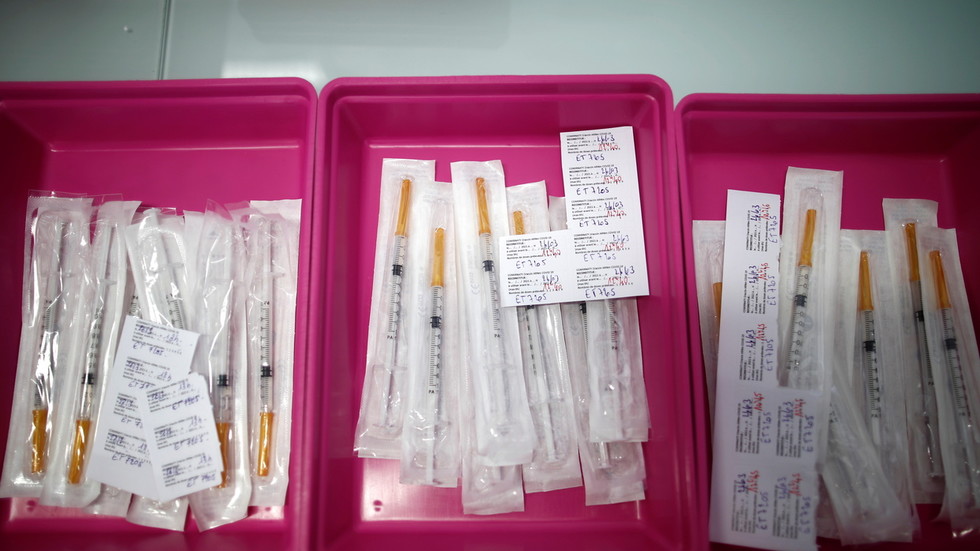

Vaccine hesitancy rates in the EU are raising alarms, after a survey found that 27% of adults across the bloc said they’d be unlikely to accept a Covid-19 jab, amid a “failure” to persuade people of its efficacy and safety.
A Eurofound survey investigating vaccine take-up across EU member states flagged concerns about the success of messaging from health officials on Covid jabs, warning that the failure to fully convince the adult population to be inoculated could put the fight against the pandemic at risk.
Some 27% of those surveyed across Europe, including half of French respondents and 67% of those in Bulgaria, said they would be very unlikely or rather unlikely to get a Covid vaccine. There were big variations between states though, with people surveyed in Eastern European nations more likely to be more cautious about taking the jab. Hesitancy figures were above 30% in several states, including Croatia, Latvia, Poland and Slovenia.
“Unfortunately, these findings reflect a failure to deliver persuasive and clear communication regarding the efficacy and safety of vaccines,” Daphne Ahrendt, senior research manager at Eurofound, said.
Looking at the possible root causes of vaccine hesitancy, researchers found a link between people who said they were less likely to get a Covid jab and social media as a main source of information. Among those surveyed who said they primarily relied on social media for their news, vaccine hesitancy was at 40%, compared with 18% who used traditional news outlets.
The study’s release comes as countries throughout Europe seek to expedite their vaccine rollouts, so they can reopen after a year of Covid restrictions plagued the continent.
Eurofound’s latest round of data was collected in February and March 2021, with 46,800 respondents providing their thoughts on the impact of the virus, their attitudes towards vaccines and vaccination programmes, and the impact of social media on the pandemic
Think your friends would be interested? Share this story!
Related posts:
Views: 0
 RSS Feed
RSS Feed

















 May 14th, 2021
May 14th, 2021  Awake Goy
Awake Goy  Posted in
Posted in  Tags:
Tags: 
















